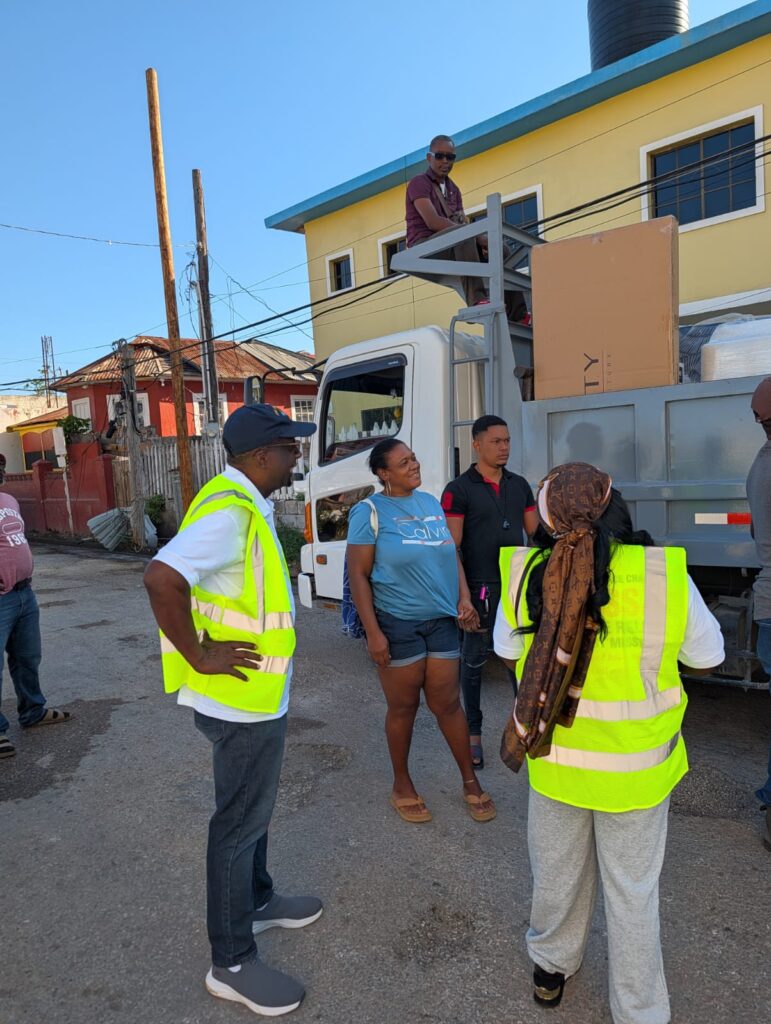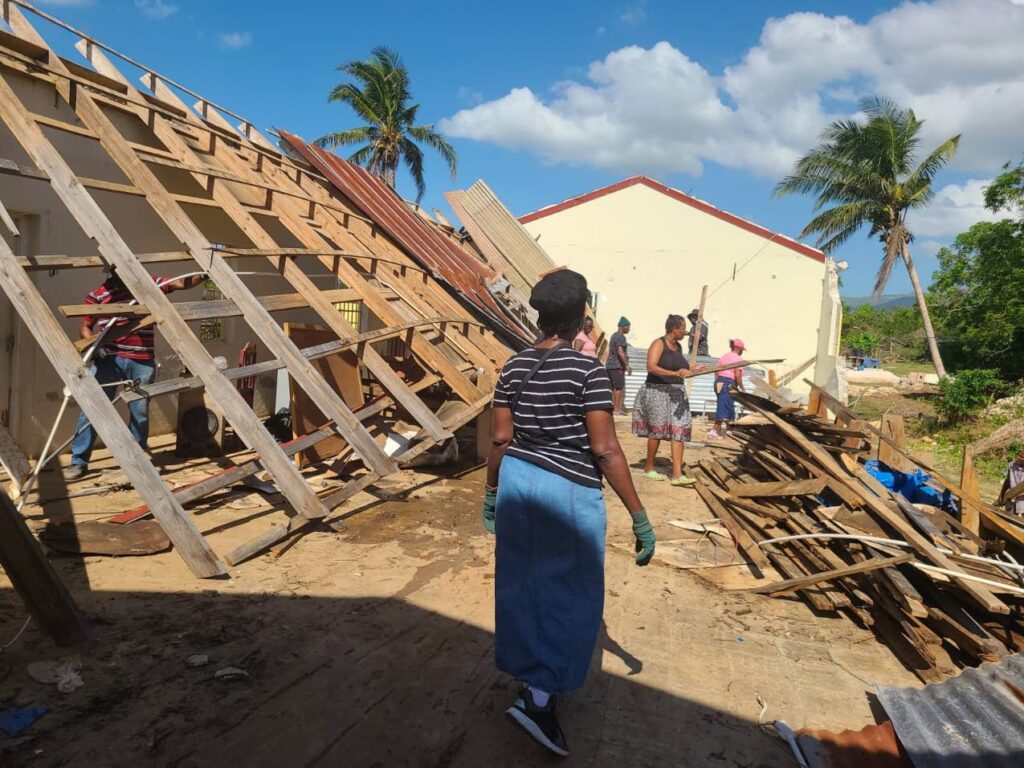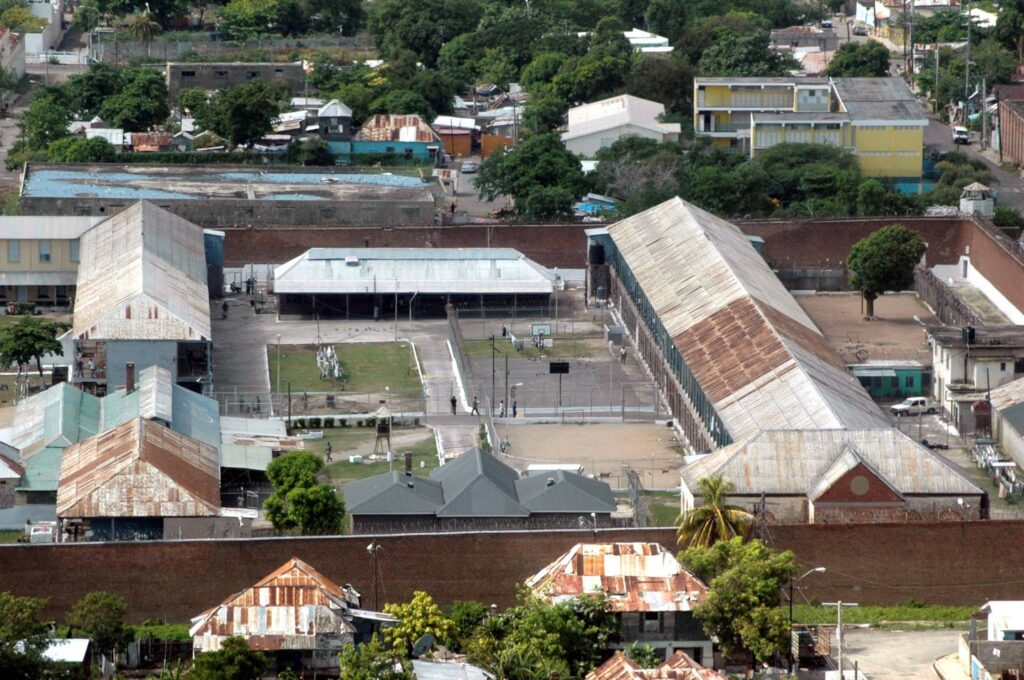FALMOUTH, Trelawny — When Hurricane Melissa devastated sections of Trelawny, Florida-based Bishop Maurice Clarke experienced what he describes as an ‘out-of-body experience’ – physically present in America yet emotionally connected to his Jamaican homeland. The senior pastor of Central Light Grace Chapel in Lauderdale Springs immediately mobilized his predominantly Jamaican congregation to launch a comprehensive relief operation.
Bishop Clarke, who maintains deep roots in Falmouth where he was baptized 50 years ago, spearheaded a initiative that shipped 34 generators, 10 airbeds, food supplies, clothing, and linens to the hurricane-ravaged community. The operation faced significant logistical challenges, including nearly $8,000 in shipping costs, until philanthropist Cynthia Baker joined the effort.
The relief mission held profound personal significance for Bishop Clarke, who credits the Falmouth New Testament Church of God with shaping his spiritual journey. ‘The church gave me a full scholarship when my mother couldn’t afford seminary tuition,’ he revealed. ‘Falmouth has been my backbone, and I feel obligated to give back.’
The container shipment navigated complex logistics from Florida to Montego Bay, where remarkably, among over 200 containers on the barge, theirs was the only one cleared immediately upon arrival. Distribution was coordinated through the New Testament Church of God on Market Street, serving as the primary relief center for affected residents.
Bishop Clarke emphasized that the effort was driven by love rather than recognition: ‘Being here in America doesn’t mean we’ve forgotten where we came from. It’s our passion for the people that motivated us.’









